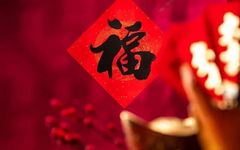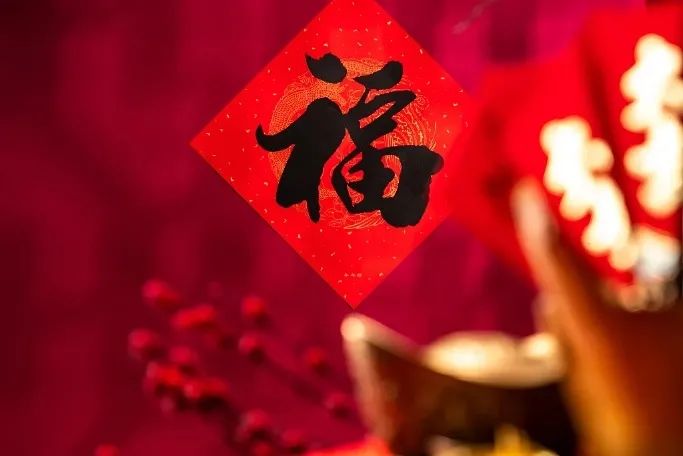
Today marks the 909th day of my diary writing. Many patients in the clinic often ask how to manage their health when feeling weak, after tumor surgery, or suffering from chronic illnesses, experiencing coldness, frequent urination, and loose stools. Today, I recommend a formula that I frequently use, which I call Wen Yang San Xian Decoction. This is a small dosage of Si Ni Decoction (四逆汤) combined with San Xian Decoction (三仙汤). Si Ni Decoction is well-known for reviving yang and dispelling cold. Here, we use a small dosage to achieve a warming and tonifying effect. Using 6-10 grams of Fu Zi (附子) is effective (even 300 grams may not yield results); reducing Fu Zi to 6 to 15 grams will show effectiveness. A large dosage warms, while a small dosage tonifies. If warming the yang does not alleviate symptoms, it may be due to insufficient tonification; a small dosage provides lasting effects. A large dosage can resolve about 70% of symptoms, while the remaining 30% requires small dosage tonification. San Xian Decoction is known as a tonic in traditional Chinese medicine, akin to a herbal hormone. It originates from the esteemed TCM master Gan Wangzu. The ingredients of San Xian Decoction include: Xian Ling Pi (仙灵脾) 30 grams, Xian Miao (仙茅) 10 grams, Xian He Cao (仙鹤草) 50 grams, rock sugar 50 grams, and 10 dates. Preparation: One dose of herbs is decocted in three cups of water and taken continuously for a week. Efficacy: This decoction can be considered a “mighty beverage” with a pleasant taste, capable of improving symptoms of qi deficiency. Formula Analysis: Xian Ling Pi, also known as Epimedium, is warm in nature, pungent in flavor, and enters the liver and kidney meridians. According to the “Compendium of Materia Medica” (本草纲目), Xian Ling Pi “benefits essence and qi, strengthens bones, nourishes the lower back and knees, and enhances heart strength.” Xian Miao, also known as Huang Miao Shen, is warm, sweet, and pungent, entering the kidney and liver meridians. It has the ability to tonify kidney yang, strengthen bones, dispel dampness and cold, improve vision, benefit essence, stop bleeding, and detoxify. Xian He Cao, also known as Diao Li Cao, is bitter and astringent, and while it is used for stopping bleeding, it also strengthens and supports the body. From the effects of these three herbs, we can see that they all share the ability to support the righteous qi, tonify deficiency, and calm the spirit. By layering and combining their effects, we can achieve a powerful and rapid action, comparable to Western hormones, but without the side effects. Clinically, this decoction is often used to treat heart disease, spleen and stomach disorders, pulmonary heart disease, chronic cough, diarrhea, enteritis, as well as fatigue, weakness, and sub-health conditions (referred to as qi deficiency in TCM). The combination of San Xian and Si Ni warms the yang and strengthens the body, providing excellent results. It can also be modified: for coldness in the middle jiao, add Li Zhong Wan (理中丸). For significant qi deficiency, add Si Jun Zi Tang (四君子汤). For significant blood deficiency, add Si Wu Tang (四物汤), etc. However, I recommend keeping it simple and not overly complicated. If you are unsure of your constitution, you can take it under the guidance of a local TCM practitioner. Yesterday, some colleagues asked about the daily discussions in the group; they are new to the study of classical formulas and are hesitant to share or speak up. I shared my feelings in ten minutes.
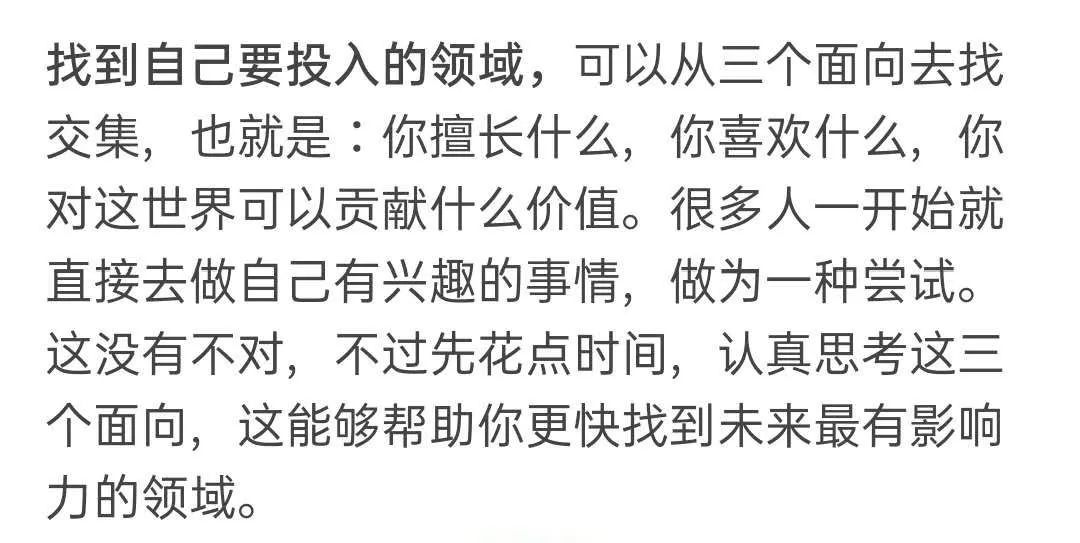
It is best to pursue a field that you love, as this will help you persist. For example, I love TCM, so I continue to learn and strive in this direction. If you enjoy writing or painting, take a moment to reflect and ask yourself. Once you determine the field you want to invest in, the next step is how to proceed. There are four key points to doing well in your endeavors: focus, relationships, self-belief, and willingness to try. Everyone needs to find what they believe in and what will have the greatest impact on their future. Spend more effort in this area, carefully consider what you do, and how it will contribute to the future. Think about what you are good at, what the world needs, and what you enjoy. Once you decide where to spend your time, get to know people in that field, seek opportunities to work with them, and learn everything you can about that area. Then, bravely take risks and try new things. Failure is not something to worry about; even if you fail, you are still the same as you were before, and you can still move on to the next thing. What matters is your willingness to take risks, sacrifice something, and try to make a positive change in the world in the areas you value. The sooner you embark on this path, the better you can become a better version of yourself. I repeatedly mention value, which is about making yourself valuable in the eyes of others. How do you make yourself valuable? You may not be all-encompassing; you just need to have an advantage over others, which is your unique value. The more people you help, the closer you are to success. Believe in yourself, trust your inner self, and sincerely seek knowledge, and you will eventually achieve success. You must be very diligent (for the past three years, I have hardly rested while working with Teacher Li Cheng, especially for those of us without talent). Talent is hard to change, but diligence can make up for it. As long as you are diligent enough, becoming an expert in a certain field is very easy; whether you can leave a legacy depends on fate. Additionally, there are some shortcuts to becoming an expert in a field. First, learn from books; buy books in that field and understand its current state. Then, spend time with the most accomplished people in that field; even if you cannot be with them every day, maintain close contact. Second, be on the front lines of that field. For example, if you are studying classical formulas, find someone you respect, get close to them, and follow them. Third, output more; build a personal brand. Being an expert is not self-proclaimed; it requires recognition from others, so you must output more and produce results. Increase your visibility. Once people in the field recognize you, information and resources will naturally gravitate towards you, creating a positive cycle.
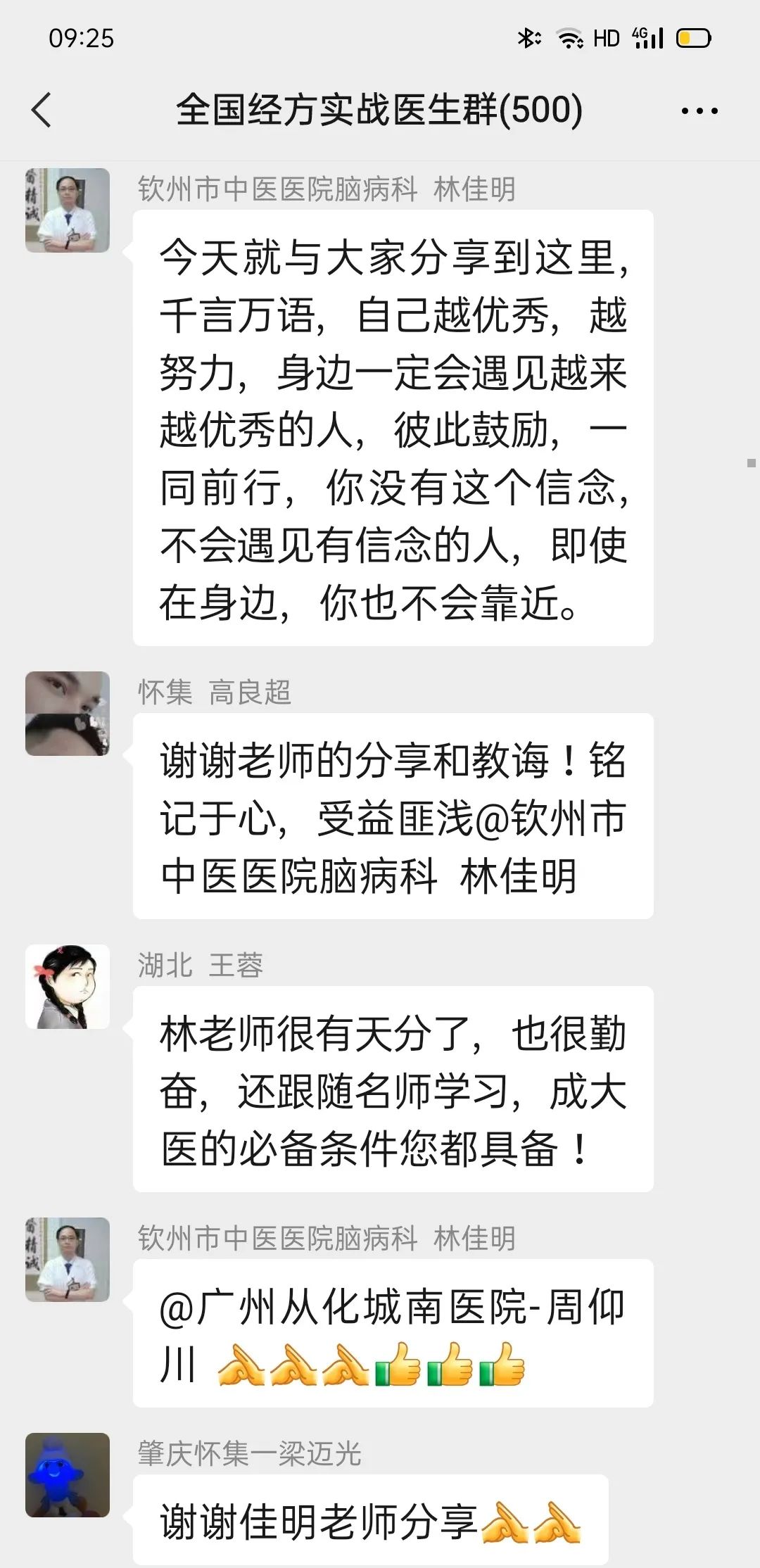
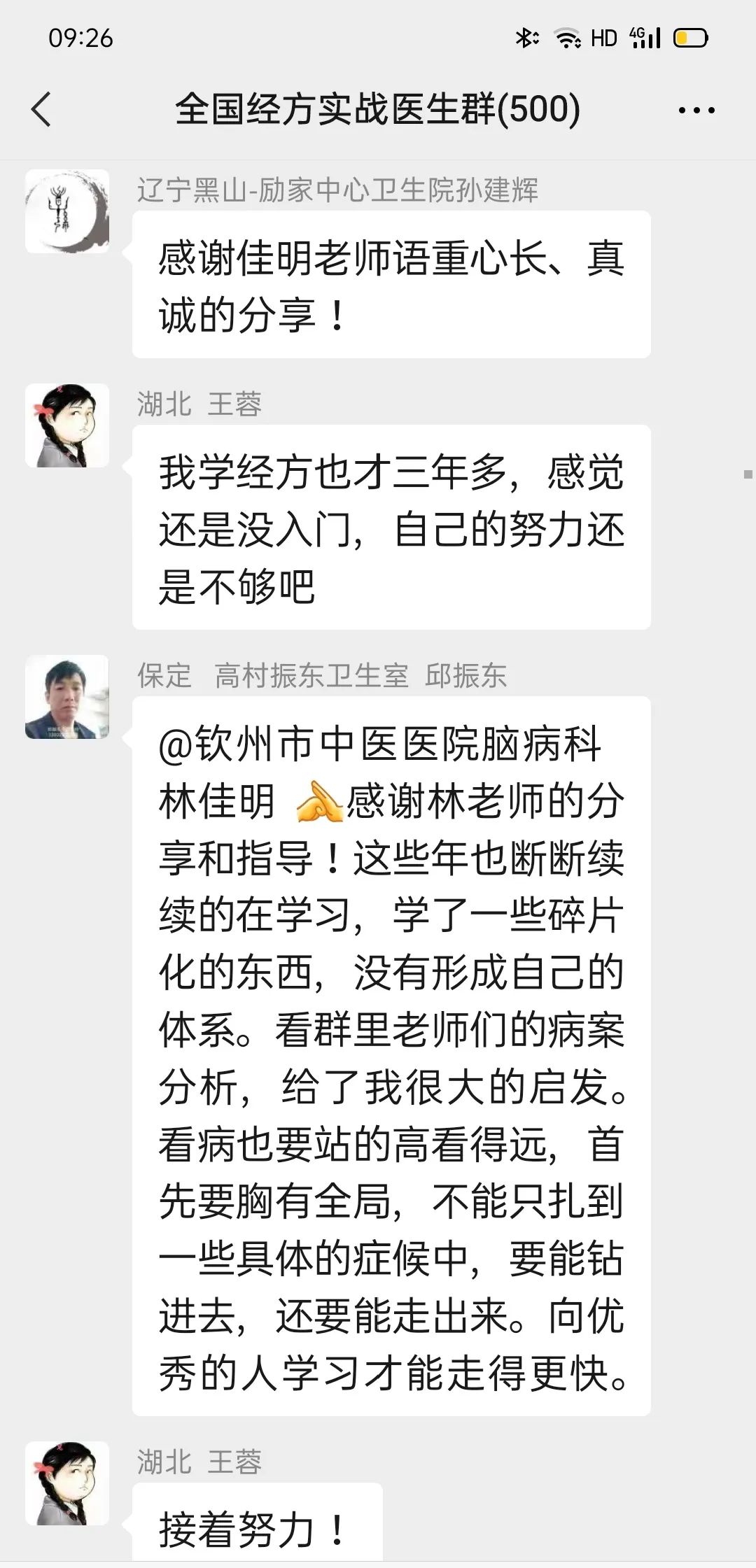


Lin Jiaming, a small physician from Qinzhou, Guangxi, founded the WeChat public account: TCM Lin Jiaming, and Li Cheng’s Classical Formula Practice Record. On April 28, 2019, he became a disciple of Professor Ruan Yongdui at Dongguan First Hospital affiliated with Guangdong Medical University. He participated in the 12th and 17th sessions of the Classical Formula Medicine Inheritance Class led by Teacher Feng Shilun. Every time he sees his teacher, he is moved by their spirit. Living in a small city, he treats minor ailments and enjoys studying the “Treatise on Cold Damage” (伤寒论) and sharing knowledge. He advocates for Zhang Zhongjing’s medicine, using the six meridian differentiation to treat common and frequently occurring diseases. Those who read diligently for decades and practice consistently do ordinary things that anyone can do, but their persistence over time makes them great.
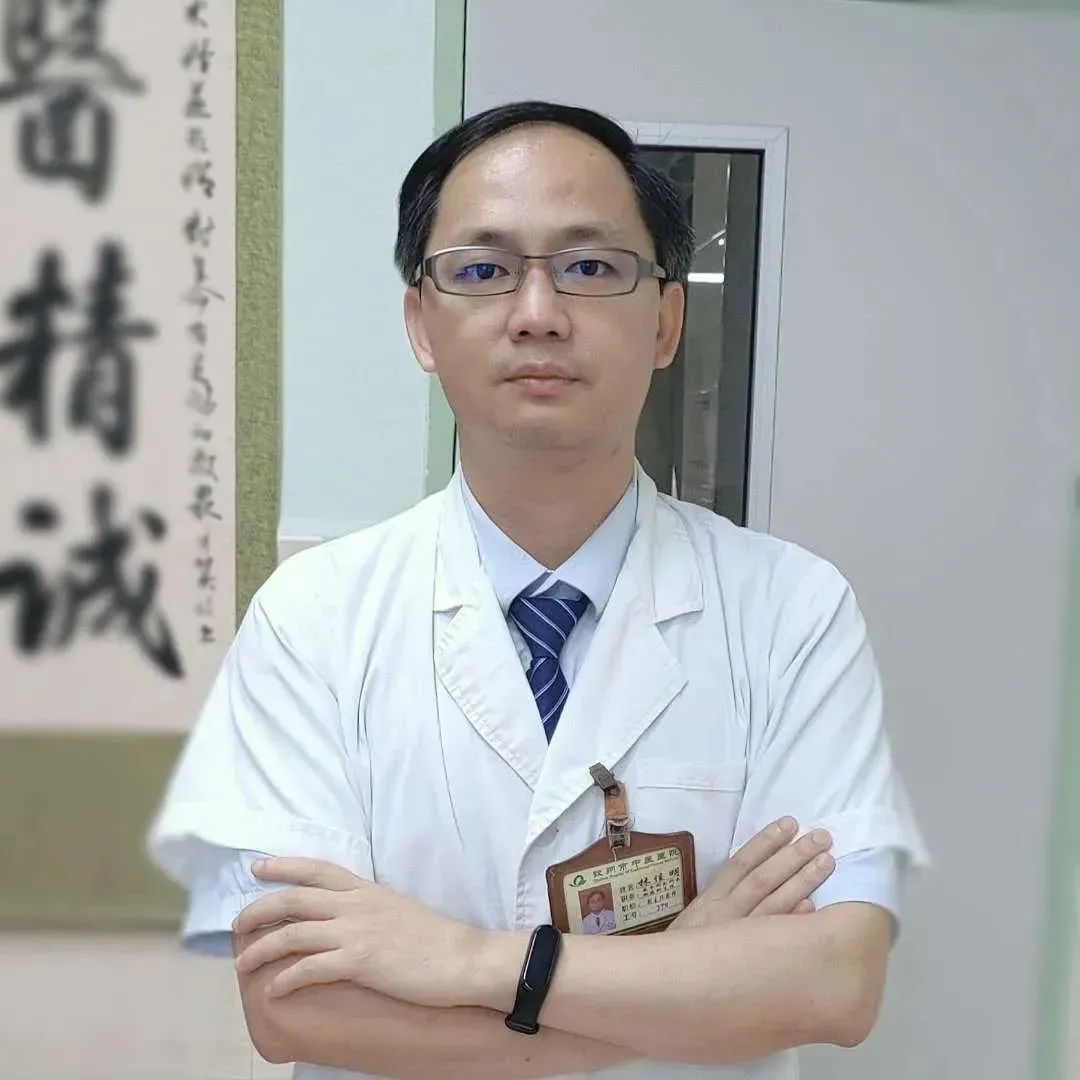
Lin Jiaming, Director of the Neurology Department at Qinzhou TCM Hospital, Associate Chief Physician, and head of the Hu Xishu Classical Formula Medicine Inheritance Base in Qinzhou, is a disciple of the classical formula master Feng Shilun. He is also a direct disciple of the renowned TCM physician Li Ke and Professor Ruan Yongdui, a famous TCM physician in Guangdong Province. He is an academic successor of national renowned TCM physicians Dong Shaolong and Huang Liping, as well as Guangxi famous TCM physician Yao Baonong. After returning from Beijing, he has been engaged in the inheritance of six meridian classical formula differentiation. Currently, he and Teacher Li Cheng have conducted ten sessions of classical formula inheritance classes, with students from all over the country, providing free consultations on classical formulas in community colleges and grassroots organizations, which are well-received by the public. He advocates Zhang Zhongjing’s medicine, using six meridian differentiation to treat common and frequently occurring diseases, becoming a successor of classical formulas. He employs pure TCM methods to treat common and frequently occurring diseases, such as internal and external herbal medicine, acupuncture, moxibustion, bloodletting, and fire needling, with a focus on treating various common diseases, difficult diseases, and critical conditions. He is skilled in treating conditions such as stroke, dizziness, insomnia, anxiety, depression, headaches, cough, fever, asthma, stomach pain, bloating, menstrual irregularities, dysmenorrhea, infertility, post-tumor surgery, post-radiotherapy, diabetes, hypertension, and adjusting sub-health states. I am Jiaming, your health steward, and I welcome mutual learning and exchange. WeChat ID: jiam922

